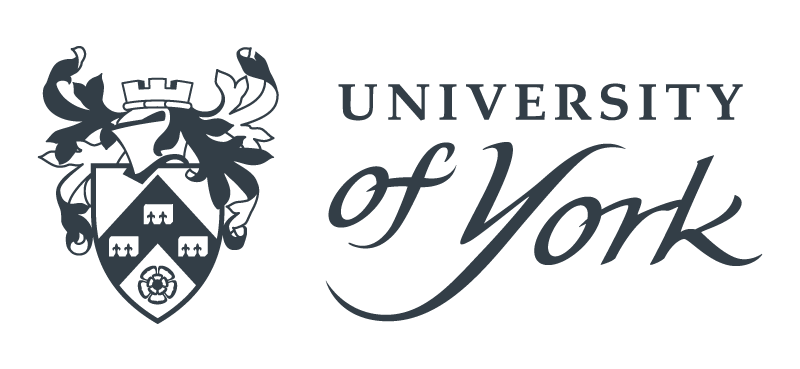Retirement: working after retirement
Recent changes to retirement and pension provision, such as the removal of the Default Retirement Age (DRA) and accessibility to flexible or phased retirement, have lead to a review of how work and retirement co exist.
Advice has been sought from the University pension scheme providers, Universities Superannuation Scheme (USS) and the University of York Pension Scheme (UoYPS), alongside consideration of current employment legislation.
Current position in relation to retirement and receiving pension
In order to qualify for a pension employees must resign from their current pensionable employment in order to retire. Reaching the age of 65, or achieving 40 years' service, does not automatically make an individual eligible for a pension if they have not stopped working.
Employees would not be deemed to have retired if they intend to commence another job with their current employer (or in the case of USS with any another employer that participates in USS) that is pensionable.
Options available for working and or retirement
The following options are available to employees in terms of working and or retirement:
- Reduce their hours and take up part of their pension; this would be dealt with as flexible retirement (see flexible retirement details below).
- Retire by resigning from their post and take up their pension; they would be considered as retired in the pension scheme and from work.
- Continue working and not take up their pension; they would not be considered as having retired either in the pension scheme or from work.
- Retire by resigning from their post, take up their pension and, at a later date (at least one month break in service), if they obtain work with the University they would be considered as retired members in the pension scheme and would not be able to rejoin the pension scheme. The work must not be available, or on offer, prior to, or within one month of, the individual retiring from the University.
The University supports the use of flexible retirement and this should be considered for any member of staff who wishes to reduce their hours. The previous practice of retirement and reengagement is no longer available.
Accordingly, individuals should contact the pension provider for further information before progressing with employment after retirement. Additionally individuals should be aware that working after retirement will mean that their total income, including their pension, will be assessed for income tax.
Flexible retirement
The University, through the flexible working arrangements, offers flexible retirement (also known as phased retirement). This enables individuals to reduce their working hours and take up part or all of their pension. Individuals who wish to consider retirement may use this process as a means to approach full retirement over a period of time.
Departments may want to consider the use of flexible retirement where an individual has indicated they are considering retirement and where there is a need to change or reduce the work associated with the individual by nature of operational (for example restructure, change of focus) or financial (for example, cessation of research grant, reduction in budget).
It may be that flexible retirement could be considered as mitigation against redundancy by allowing for a reduction in work. However, in all cases, agreement to use the Flexible Retirement process has to be mutual and cannot be used by the University without the individual's consent.
The pension schemes differ in their flexible retirement provision and individuals should, in the first instance, check the information available on the pensions webpages to determine the benefits to them from flexible retirement. Full details of the flexible retirement process for the University are available on our flexible working pages.
